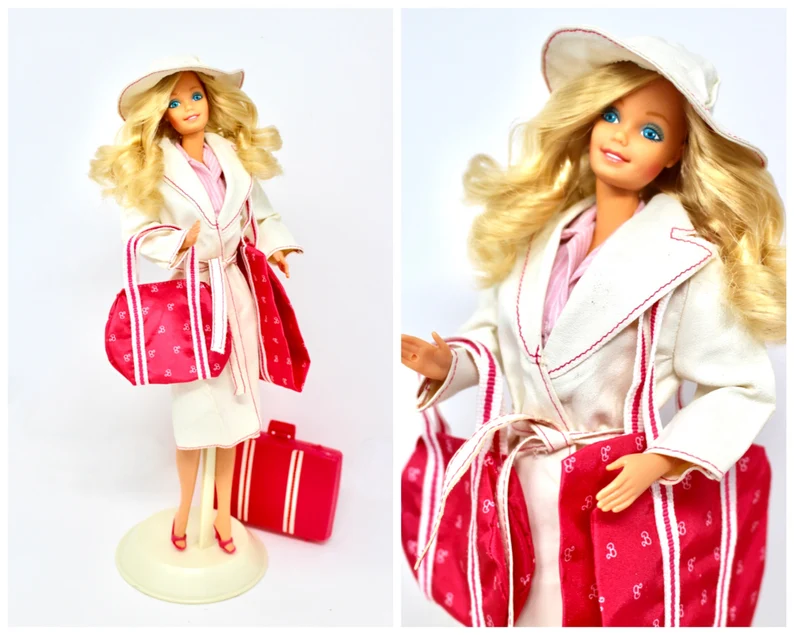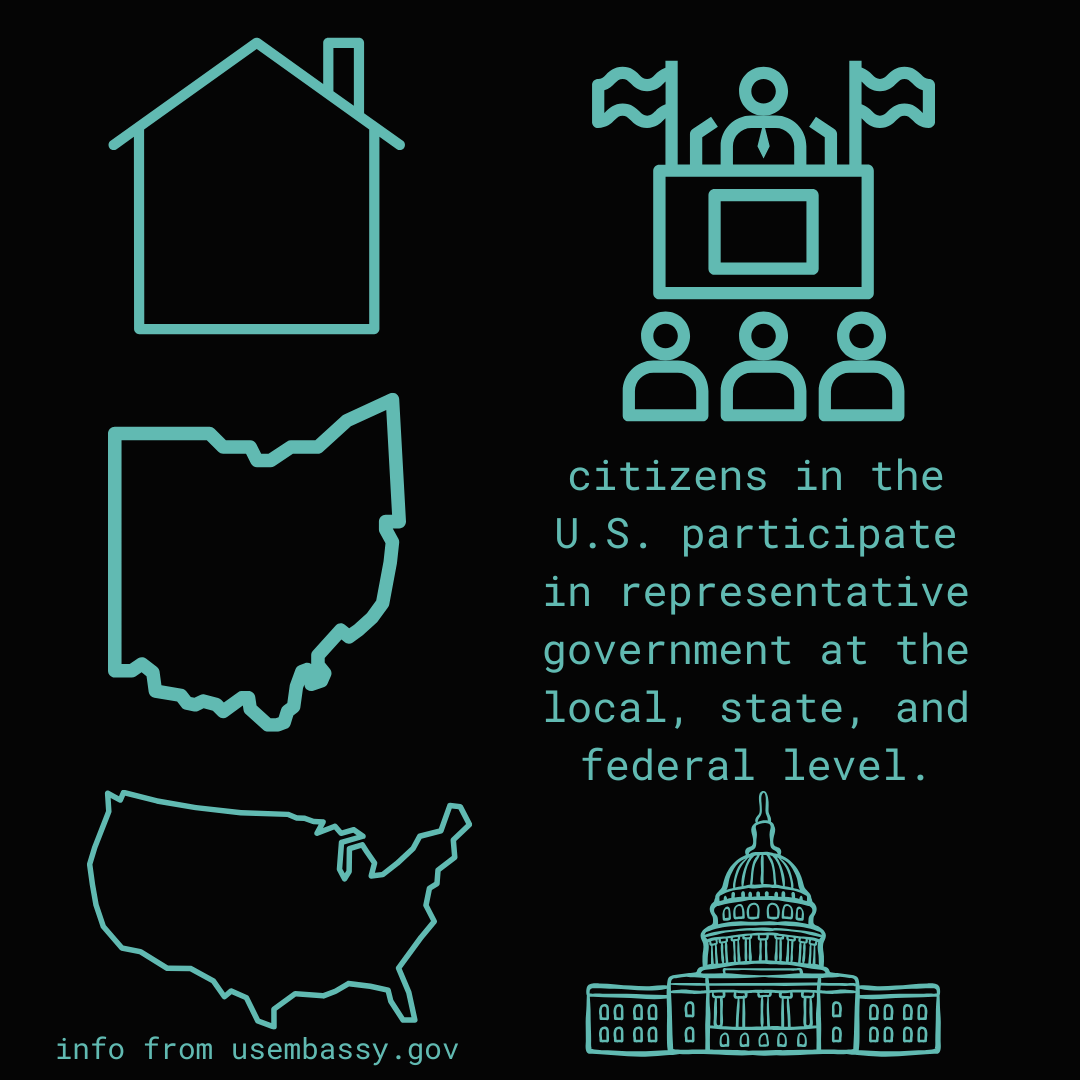Poor Kids Have Barbie Dolls.
I saw a screenshot of Avery Edison’s tweet associating “loving Barbie” with not being poor. Someone else rightly noted that being poor doesn’t mean your parents don’t make sure you have toys you like. I wanted to jump in the thread to say that being poor might not always be the only reason a family doesn’t buy Barbie dolls. But then I saw OP had blocked me. So now we have a blog post.
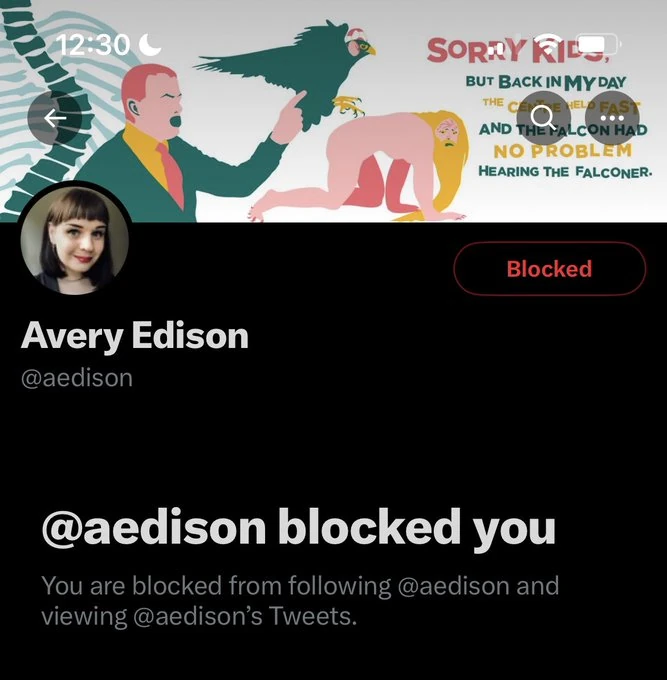
As someone who grew up poor, and presently identifies as transgender, I personally have some unpacking to do around Barbie. Growing up a girl in the 1980’s and 90’s was rife with confusing messages about gender. Be girly; don’t be slutty. Be pretty. Don’t be easy. As an adult trans, non-binary, person living through repeated terrifying government attempts at trans erasure, I find myself very ready to talk about Barbie – and representation!
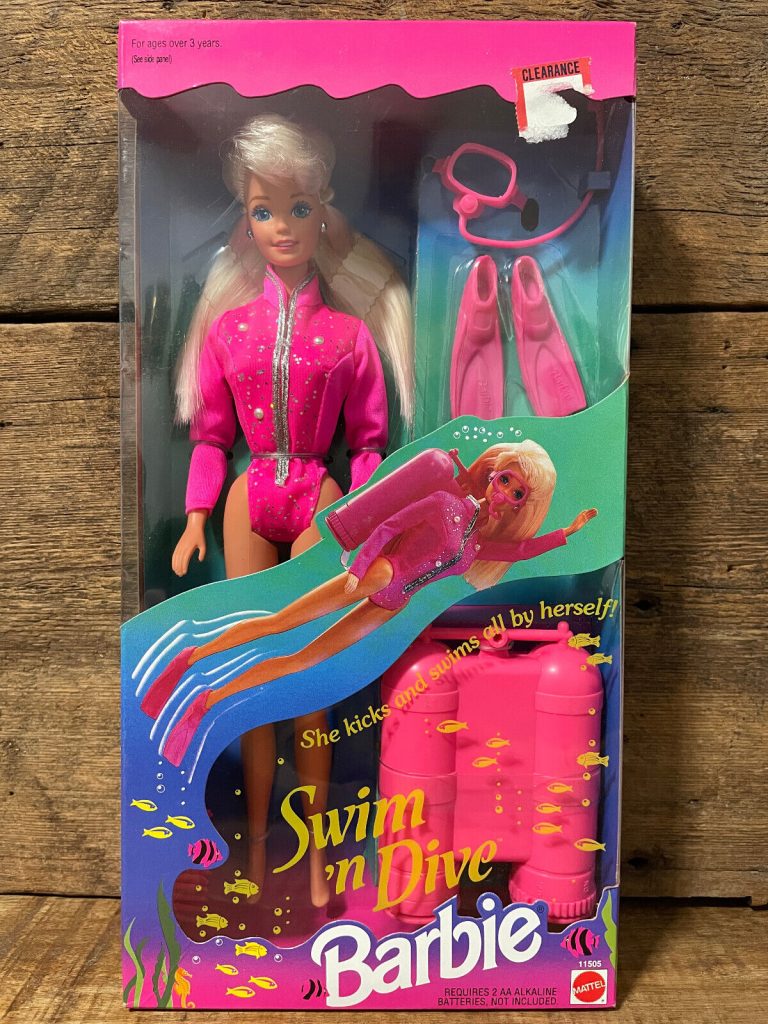
Some Kids Never Get a Barbie Experience
Avery Edison’s tweet initially noted that we have to talk “all the way” about Barbie. And I fully agree! In a white normed, cis-het, world, many children who aren’t poor miss a Barbie childhood. I think this is sad.
What keeps children from Barbie that isn’t always rooted in consumerism, capitalistic greed, and evil corps? For me it was whiteness and gender norms. Like OP, I once felt I was missing out because of poverty. Now that I’m a few decades into adulthood, I can see it’s more complicated.
One difficult truth for me is, my parents gave me fucked up messaging about gender my whole life. The other difficult truth (the most emotional for me): even though we were poor, they could have definitely gotten me more Barbie dolls if they’d wanted to.
Barbie was coded as a slim or athletic, white, blond, woman with an enormous cup size. In the 1990’s, she often was white, with a tan and blond hair.
My parents, on the rare occasion I was observed actually playing with Barbies, missed no opportunity to talk shit on Barbie and Ken! Every time!
The bigoted, homophobic, and transphobic slurs I heard used to identify Ken are still in my head.
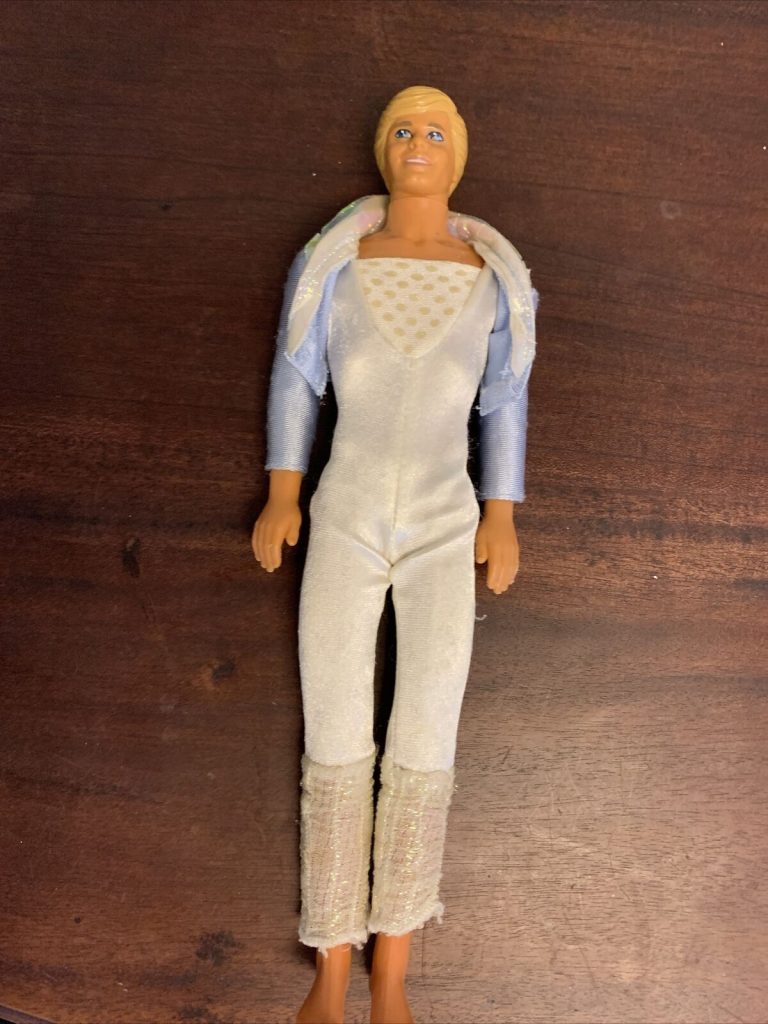
Race, Religion, Sex, Gender, and Barbie
Poverty aside, many of us probably missed Barbie for coercive reasons. It’s a difficult truth to sit with, but if one is white and was poor as a kid, it’s easy to miss this. Barbie inspires confidence in girls – making her a threat to white Christian norms. What if we lived in a home where Barbie’s heels were always too high, her skirt too short? What if we lived in a home where it was a scandal that Ken and Barbie had “genitals?”
In the 1980’s and 1990’s poor, white, rural, Ohio, where I grew up, Barbie was a slut. I was raised to be feminine, but not like that.
In the topsy-turvy world of the times–pre-internet, a void of information on sex, gender, and race–it was easier to give up on your goals if the parents constantly belittled your toys. Growing up as a poor white kid in the 1980’s and 1990’s meant simply: it was easier to find other toys to play with that the adults wouldn’t constantly belittle me for playing with and leave Barbie alone.
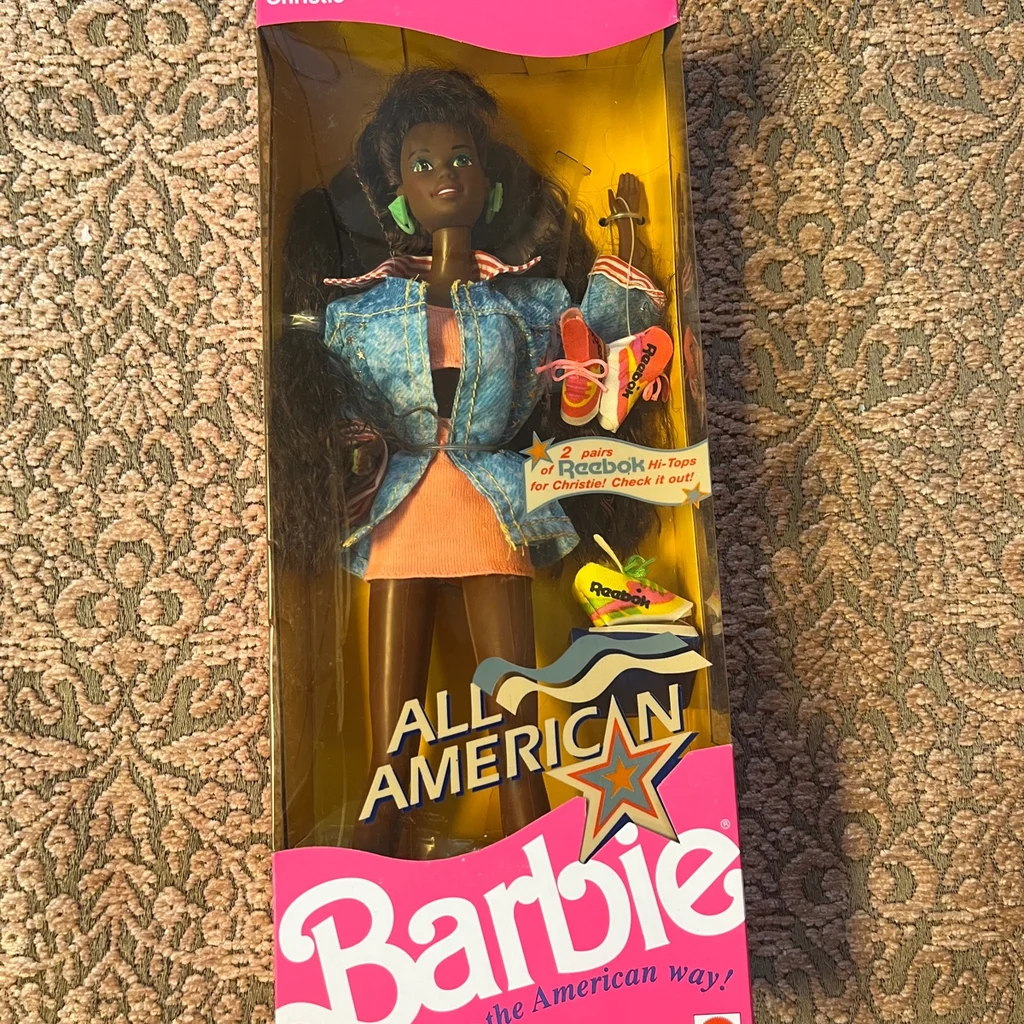
Whole think pieces have examined what Barbie’s human proportions would be were she a real person. Maury Povich interviewed cishet women who’d undergone plastic surgeries to attain measurements of a human Barbie.
White people already had a baseline attraction to Barbie; anyone who is white can be a blond. I won’t even touch the toxicity of messaging about food and diets then or now because of, or blamed on, Barbie.
Barbie was a convenient enemy. For those of us from poor white families, not having Barbie’s made it easier groom girls into their image: not our own. Maybe, in retrospect, it was Mattel the Evil Corp’s inclusivity of other race and ethnicity’s that colored white parent’s acceptance or hatred of Barbie.
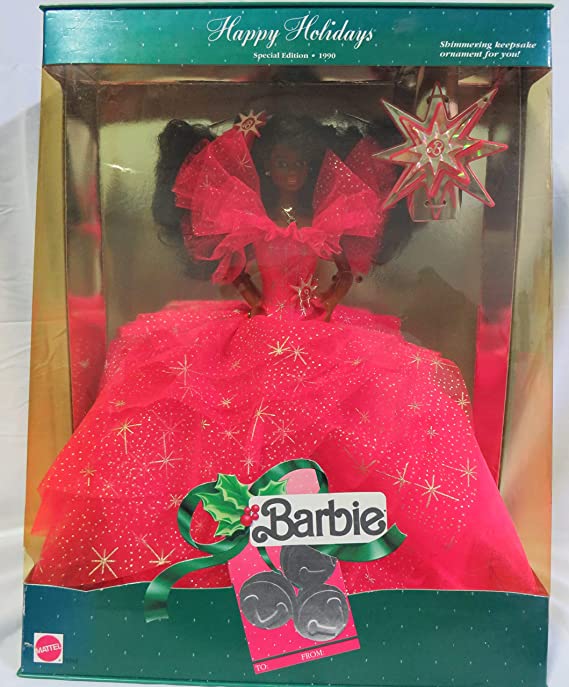
My Trans Experience and Barbie
It’s with eternal gratitude that I exist to write this piece. I am trans, non-binary, and always have been. Long before language existed for me to describe myself with, I existed to conform. It was easy. My 20’s were mostly fun playing pretend and performing gender. I have a great deal of humility in the presence of trans women, after examining my own experiences with gender.
My experience with gender messaging and what I know and accept about myself has made me question how I even survived the 1980’s and 90’s if everyone incorrectly thought I was a “boy.”
In retrospect, as a white poor kid coded as a girl, I had it much easier, I’d wager, than anyone outside of those boxes.
The abusive, internalized, transmisogynistic and racist messaging we may inherently carry aren’t for us. We can set them down, pick up a Barbie, and explore the parts of us that could have had better. More fun, more creativity, more joy.
Barbie is for everyone
From her debut until present time Barbie has constantly represented the modern woman’s imagination and self-expression. She inspires little girls (and boys) to dream and to dream bigger.
And the modern world has – at least over the last two decades – has been increasingly trying to crush everyone’s dreams. People and children who don’t dream, who don’t use their imagination are easier to control. They’re easier to keep in line; whether or not they’re poor. When people are told they’re options are limited, and their world view must remain small they’re less likely to trust or respect anyone who doesn’t fit into the pre-approved norms.
Barbie has always been – in her own way – a challenge to the accepted norms.
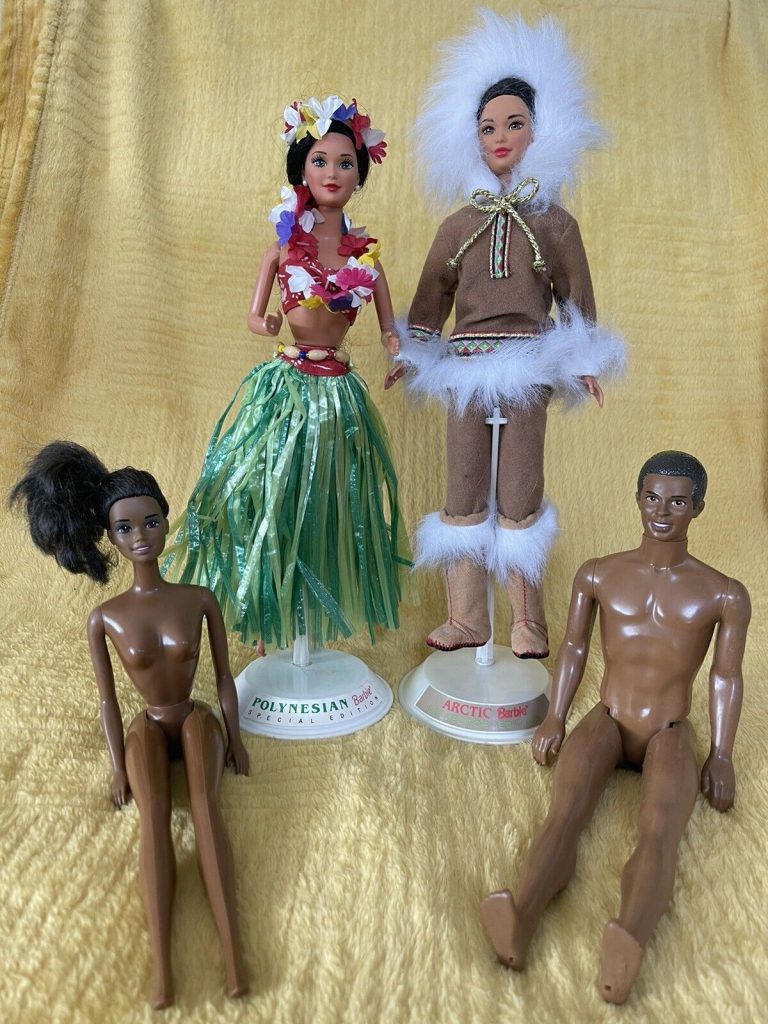
I Love Barbie!
It isn’t for me to speak about Barbie outside of my own experience. And to be honest, I have something new and exciting to share: I LOVE Barbie! Difficult emotions came up for me when the promos and joy exploded all over the Internet for the upcoming Barbie film.
Would you believe just a month or two ago, I still carried that same hateful messaging for Barbie that I was gifted and never asked for?
I decided to try an experiment: sit and think about why I don’t like Barbie. Then I started looking up Barbies I had, (the two that I ever owned), and felt inexplicable joy in seeing their images! They HAD existed! Look, right there, still! Some still in boxes, even.
So I set down all the messaging about sluttiness and remembered who I am.
I’m Coming Out (As A Barbie Fan!)
This is a Barbie appreciation post. I’m eternally grateful that I was up too late shitposting and my editor caught me! Guess what, y’all? I fucking love Barbie! I’ve never been girly. I’ve always been a tomboy (deroggatory). My whole of my 20’s was sluttery while I performed gender expertly. Now that I’ve accepted I’m a trans, non-binary, pansexual, human being, I accept it. I’ve always loved Barbie. Especially that Totally Hair Barbie.
Considering Mattel Corp. is already up-to-speed and way ahead of self-proclaimed Internet white western “Leftists” in inclusivity, it’s time to get with the 21st century Barbie while honoring her space in our lives from where we’ve been.
The enemy of Capitalism knows that if one’s enemy is already ahead of the people’s needs, it’s time to examine why, instead of complaining with no action items. Might I suggest:
We All Deserve Nice Things
Toys have purpose in the world. Barbie is a toy made by an evil, greedy corporation, but while she exists, let’s enjoy her and give her the respect she deserves.
If toys didn’t have value, we wouldn’t have data showing that children’s likelihood of developing PTSD decreases when toys to play with are available; even without therapeutic intervention. Toys and play are rhythmic, adaptive, soothing, and wonderful ways we all make sense of the world.
Me denying myself of any one toy or brand isn’t going to stop corporate greed and capitalism. If this is still the best society can do at the moment, don’t we at least get to explore how to make the most of it?
Creativity, style, “you can do anything!” messaging is actually what we can use to think more creatively to destroy capitalism; brought to you in part by white supremacy.
We can unpack it all, I assure you, we can do anything!
